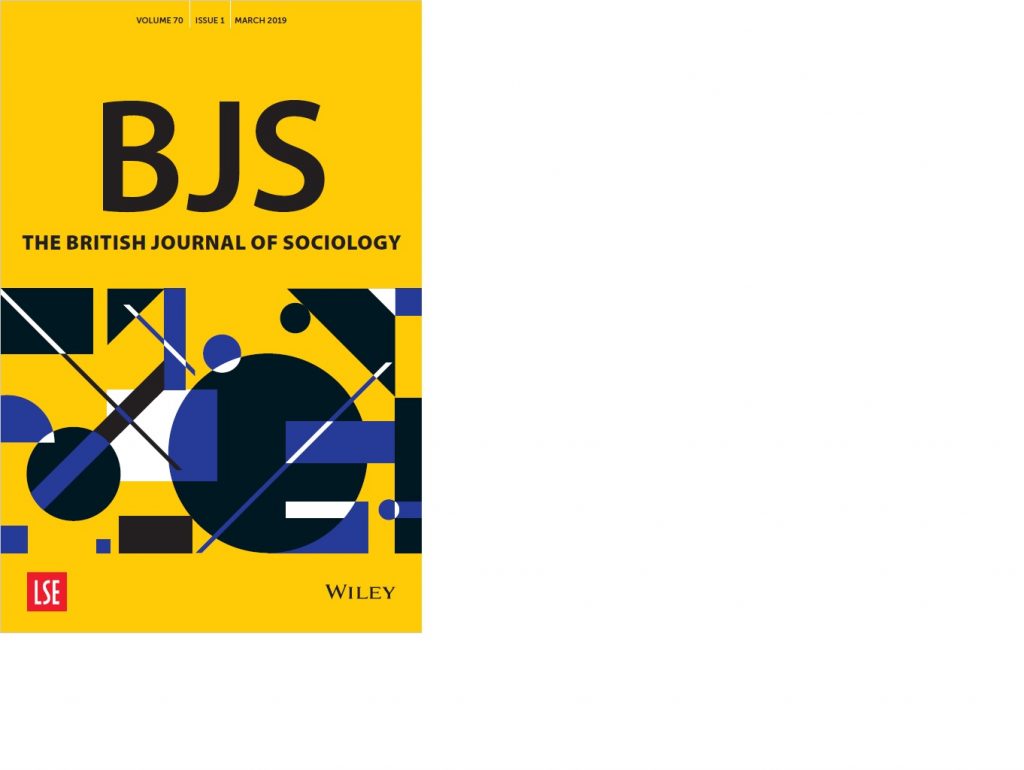The elusive gay male soccer player in Germany – Homophobia and Solidarity

“Fans against Homophobia” display in the stadium of German soccer club Mainz 05, celebrating the 5 year anniversary of their LG(BT?)-fan club. [Source: http://www.meenzelmaenner.de/resources/_wsb_500x276_Choreo5.jpg]
Hitzlsperger’s outing is not only noteworthy because he is the first male* German professional soccer player to come out as gay and due to the fact he is highly accomplished player at that, winning the German league title as well as appearing in numerous games for the German national side. What makes his outing even more noteworthy is the fact that in his interview with Die Zeit, he did not reduce his coming-out to an individual or personal matter – for instance, framing it as a processes of coming to terms with his identity – but instead tied it to a political project. He argued that it was necessary to make a stand publicly in order to start a conversation about homophobia in soccer and soccer fandom, the pressures of the locker room, and what he called a “mandatory sexuality”, a term very close to what scholars describe as heteronormativity, the societal pressure – and assumption – that everyone be attracted to the opposite gender.
Moreover, the timing of Hitzlsperger’s coming-out is no coincidence but comes in the context of a moment of solidarity with the LGBT community amongst athletes and sports fans: The 2014 Winter Olympics kicking off this month in Sochi, Russia, and the host country’s laws against ‘homosexual propaganda’ have led at least some athletes to publicly express solidarity with the LGBT community in Russia and beyond, and has resulted in the media widely discussing this issue. It remains to be seen whether some athletes will even use the Olympics themselves as a stage for political activism.

“Soccer is everything, even gay” banner in the supporter section at a Bayern Munich game. [Source: http://suedkurve-muenchen.org/wp-content/gallery/fc-bayern-eintracht-frankfurt-02-02-2014/30.jpg]

“Love has no gender” banner, and “football fans against homophobia” banner, at a match of VfB Oldenburg. [Source: Fußballfans gegen Homophie facebookpage: https://www.facebook.com/photo.php?fbid=309739465759660&set=a.158937690839839.38543.157992624267679&type=3&theater]

Fans of Werder Bremen. [Source: Fußballfans gegen Homophie facebookpage: https://www.facebook.com/photo.php?fbid=458379687562303&set=a.158937690839839.38543.157992624267679&type=3&theater]
* It is important to note that paralleling the situation in the US, it has long been an open secret and/ or taken for granted that a number of female athletes are openly gay. That, of course, is not to say that there has been less homophobia in women’s sports. Rather, it seems to work differently: Whereas in men’s athletics, the assumption seems to be that homosexuality contradicts athletic ability – thereby rendering gay male athletes invisible and making sports a potentially hostile field – women’s athletics have been culturally associated with homosexuality, putting pressure on women athletes to perform femininity and heterosexuality in order to escape this stigma.
Further Reading:
Eric Anderson. 2005. In The Game: Gay Athletes And The Cult Of Masculinity.
Jamonn Campbell et al. 2011. Sport Fans’ Impressions of Gay Male Athletes. Journal of Homosexuality 58(1): p597-607.
Elizabeth S. Cavalier. 2011. Men at Sport: Gay Men’s Experiences in the Sport Workplace. Journal of Homosexuality 58(5): p626-646.
Judy Davidson. 2013. Sporting Homonationalisms: Sexual Exceptionalism, Queer Privilege, and the 21st Century International Lesbian and Gay Sport Movement. Sociology of Sport Journal 30(1), p57-82.
Helen Jefferson Lenskyj. 2012. Gender Politics and the Olympic Industry.
Helen Jefferson Lenskyj. 2014. Sexual Diversity and the Sochi 2014 Olympics: No More Rainbows.




1467-7660/asset/DECH_right.gif?v=1&s=a8dee74c7ae152de95ab4f33ecaa1a00526b2bd2)
